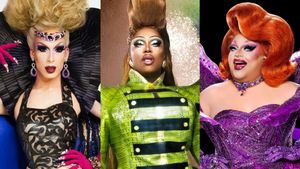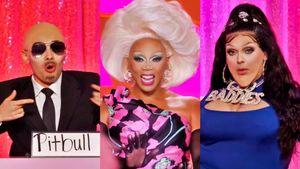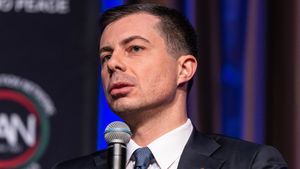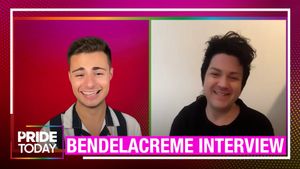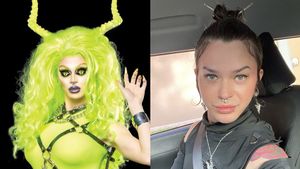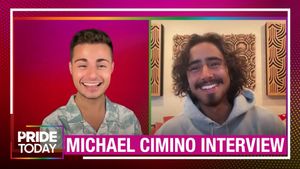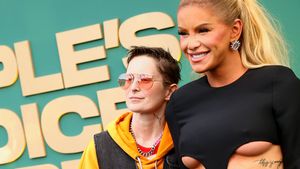For Mental Health Awareness Month, Dr. Carla Chugani is shining a light on an under-discussed therapeutic practice for who anyone who may be seeking help.
Dr. Chugani is a clinical scientist, therapist, and mental health expert who specializes in dialectical behavioral therapy. She explains that DBT is "a type of cognitive behavioral therapy that incorporates dialectical philosophy as well as elements of mindfulness."
Though it was designed to treat "a population of people with more intense needs" — such as borderline personality disorder or chronic suicidality — Dr. Chugani believes anyone can benefits from "mindfulness skills." These include "emotion regulation skills, interpersonal effectiveness skills, and distress tolerance skills."
Dr. Chugani | Advocate Now
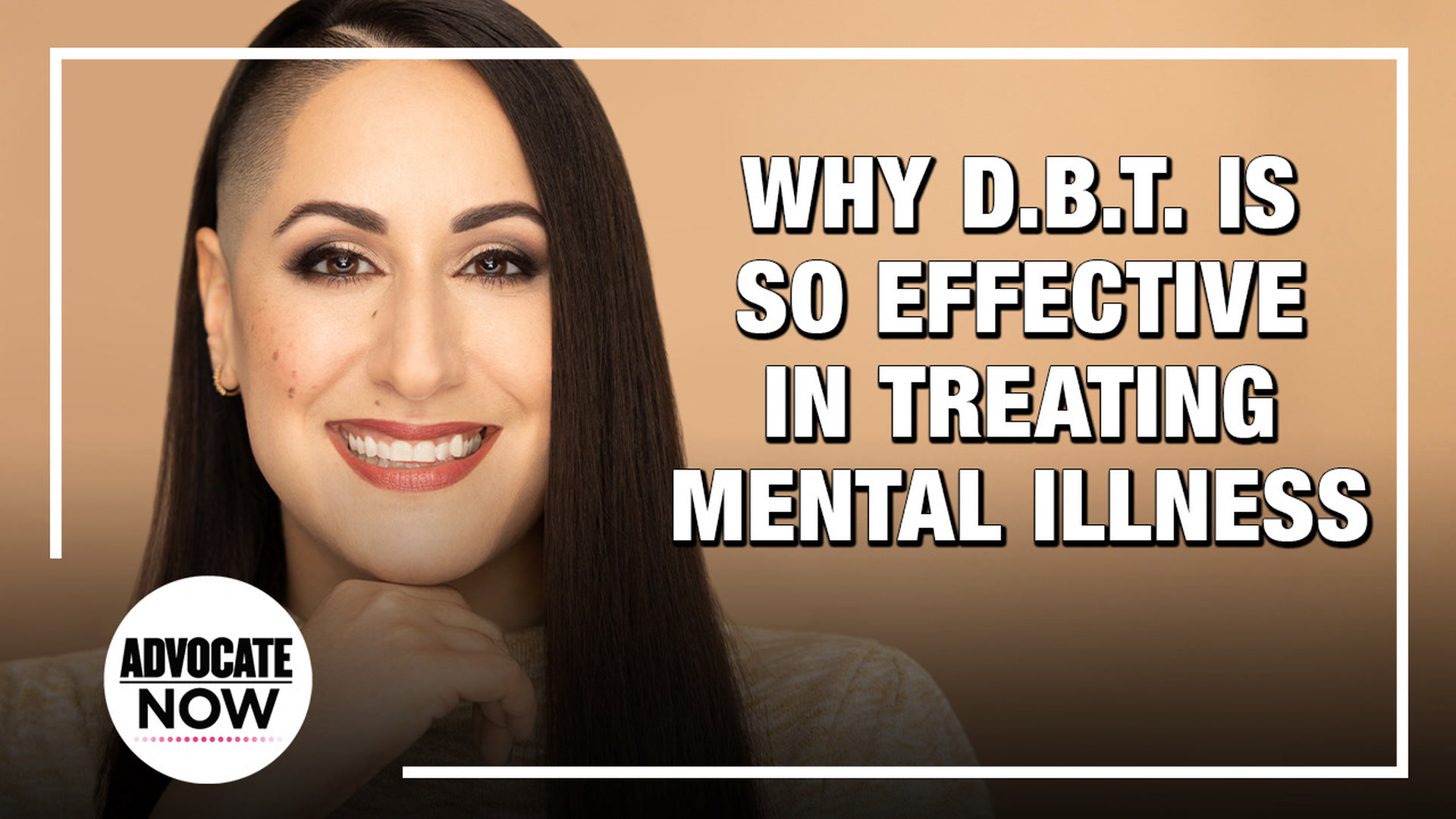
"An example of one that is sort of my personal favorite — there is a skill that's part of our distress tolerance module that's called radical acceptance. And radical acceptance is really complete and total acceptance of reality, just as it is in the moment," she tells Sonia Baghdady of Advocate Now, adding, "What I love about the DBT skills in particular, is that these are skills for coping. They are skills for self-regulating and advocating for yourself and functioning effectively in the world."
Dr. Chugani primarily works with college-aged students, as she says "college is an interesting time for mental health." While it is a stressful period of transition, it is also a time when many major mental illnesses present themselves for the first time.
"Why are we waiting so long to teach people these skills?" she says. "Learning how to manage your mental health is part of health, and we ought to be doing this in a more health-promotion and preventative way, rather than only doing it as remediation."
Dr. Chugani also focuses on LGBTQ+ and disabled communities in her work. As a queer and disabled woman, she says that "having culturally competent care by a provider who understands the importance of bringing cultural humility into treatment makes a huge difference."
For those seeking to take their first step towards getting help, Dr. Chugani says: "Talk to somebody. Tell somebody that you trust how you're feeling, even if they're not in the mental health field. That's okay. If it's somebody who you trust and you know supports you, ask them to help you find some help."
For more interviews like this, watch Advocate Now on The Advocate Channel.




